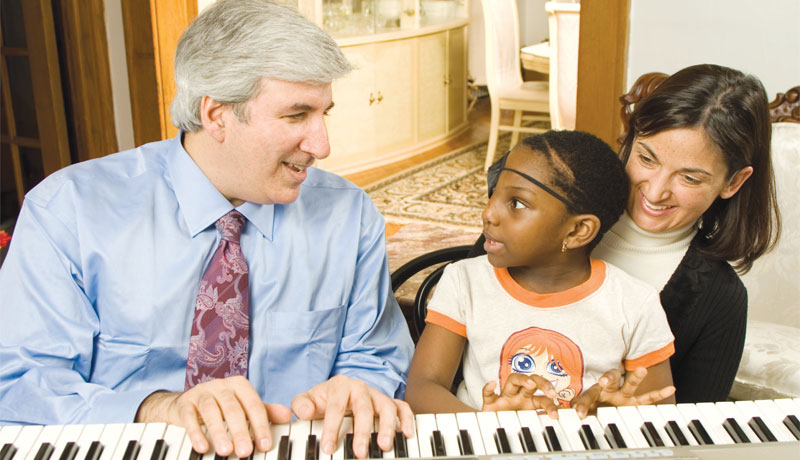San Francisco 49ers linebacker Chris Borland, one of the NFL’s top rookies this past season, told ESPN in March that he is retiring because of concerns about the long-term effects of repetitive head trauma.
Borland, 24, said he made his decision after consulting with family members, concussion researchers, friends and current and former teammates, as well as studying what is known about the relationship between football and neurodegenerative disease.
Borland becomes the most prominent NFL player to leave the game in his prime because of concerns about brain injuries. More than 70 former players have been diagnosed with progressive neurological disease after their deaths, and numerous studies have shown connections between the repetitive head trauma associated with football, brain damage and issues such as depression and memory loss.
In a video interview, a thoughtful and articulate Borland told ESPN he made the decision because of how he would “need to do what I’d have to do to become the linebacker I’d want to be,” asking the rhetorical question, “Who knows how many hits is too many?”
Dr. Arno Fried, who has spoken extensively about football-related brain injuries, had some thoughts on the news of Borland’s decision:
“I think that it’s become very clear that competing in football, whether on the high school, college or pro level, is associated with brain damage. We are now seeing some people weighing the benefits of playing the game versus the risk of a chance of brain damage. Players like Borland are choosing their health.”
“Having said that, not everyone will get brain damage, but it is clear some percentage, even if it is small, will. Families who have a child who wants to play or have a football career are going to have to balance that desire with the risks. I believe though the decision shouldn’t be legislated, but rather, there should be informed consent.”
“I think Chris Borland did the right thing for himself. I think we’ll see more athletes making the decision that it’s not worth risking one’s health. The risk of brain damage means this is probably the same decision I would make. I have two boys who played competitive D1 college sports. While I don’t think it is wrong for those who choose to play, I wouldn’t have let my sons play football because of the risk of brain damage.”
Expressing hope for the health and well-being of his fellow football players, Borland concluded with advice to youth players and their parents: “Make an informed decision, and don’t play through concussions.”

ANA is a team of expert neurosurgeons and medical professionals, who combine their decades of knowledge to provide information, events, and articles on a range of neurological conditions.



